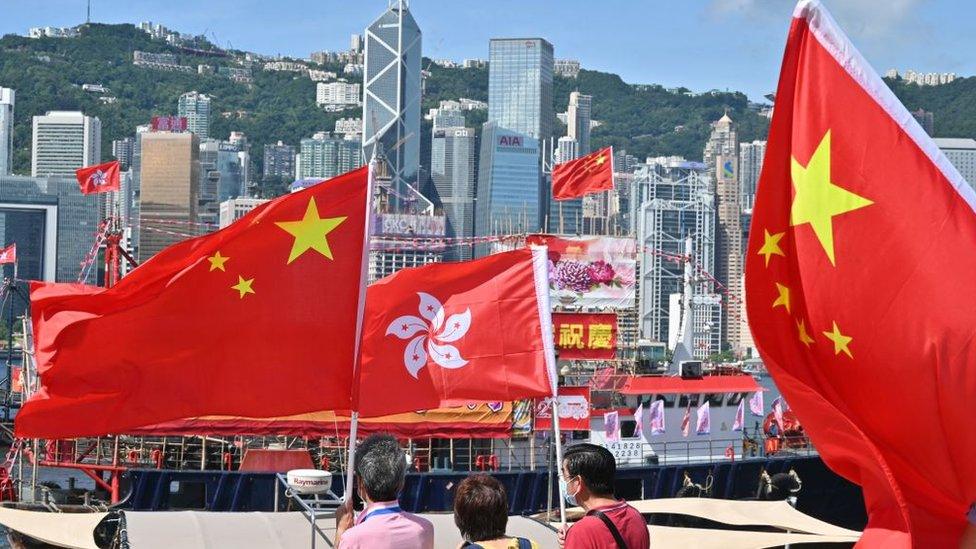Hong Kong security law 'needed to tackle terrorism'
- Published
Hong Kong protesters flee tear gas during rally against China's draft security law
Hong Kong needs a controversial new security law to tackle "growing terrorism", the territory's security chief has said.
John Lee said the city had become "shrouded in the shadow of violence".
After months of quiet, this weekend saw a fresh surge of protest after the government in Beijing proposed a security law that would radically change Hong Kong's unique status.
Opponents say it is a direct attempt to limit freedoms and silence critics.
Taiwan's President Tsai Ing-wen has offered her support to Hong Kong residents, warning Beijing against using, as she put it, bullets and repression in the semi-autonomous territory.
Relations between China and Taiwan are already tense, because Beijing sees the island as a breakaway province, but many Taiwanese want a separate nation.
Meanwhile, the UK home secretary is being urged to review the status of the more than 300,000 Hong Kong residents who hold British National (overseas) passports but have no right to live or work in the UK.
A British government spokesman said the best solution would be for China to respect fully the rights and freedoms that were set out in the Sino-British joint declaration, agreed in 1997 when control of Hong Kong was handed from the UK to Beijing.
What happened last week?
The bill was put forward on Thursday as China's parliament, the National People's Congress (NPC), met for its delayed annual gathering.
China's foreign minister, Wang Yi, said the legislation - which would ban "treason, secession, sedition and subversion" - should be brought in "without the slightest delay".
On Sunday, thousands of people defied government warnings and marched through the city centre to protest against the bill.
Riot police fired tear gas and water cannon at demonstrators, who were wearing face masks to protect against the spread of coronavirus. There were at least 180 arrests.
In a statement on Monday, Mr Lee said that in the past year, "the violence in Hong Kong has been escalating, with many cases involving explosives and genuine firearms".
"Terrorism is growing in the city and activities which harm national security, such as 'Hong Kong independence', become more rampant."
He said the clashes on Sunday showed "the need and urgency of the decision to be deliberated by the NPC" and that the law would ensure Hong Kong's "long-term prosperity and stability".
Commissioner of Police Chris Tang also welcomed the bill, saying weapons and explosives seized from protesters showed Hong Kong was "at the risk point of national security and there is a need to take effective measures to prevent the situation from deteriorating".
What is in China's proposed law?
Under Hong Kong's Basic Law - the mini constitution in place since it went back under Chinese rule in 1997 - it largely has responsibility for its own internal affairs and security.
Hong Kongers give their reaction to the controversial national security law in May
But the "draft decision" - as it is known before approval by the NPC - includes an article that says Hong Kong "must improve" national security.
It adds: "When needed, relevant national security organs of the Central People's Government will set up agencies in Hong Kong to fulfil relevant duties to safeguard national security in accordance with the law."
That means China could potentially have its own law enforcement agencies in Hong Kong, alongside the city's own.
A group of 200 senior politicians from around the world have issued a joint statement criticising China's plan.
US Secretary of State Mike Pompeo also condemned the plans, describing them as a "death knell" for the city's freedoms. The UK, Australia and Canada have also expressed their "deep concern".
- Published22 May 2020
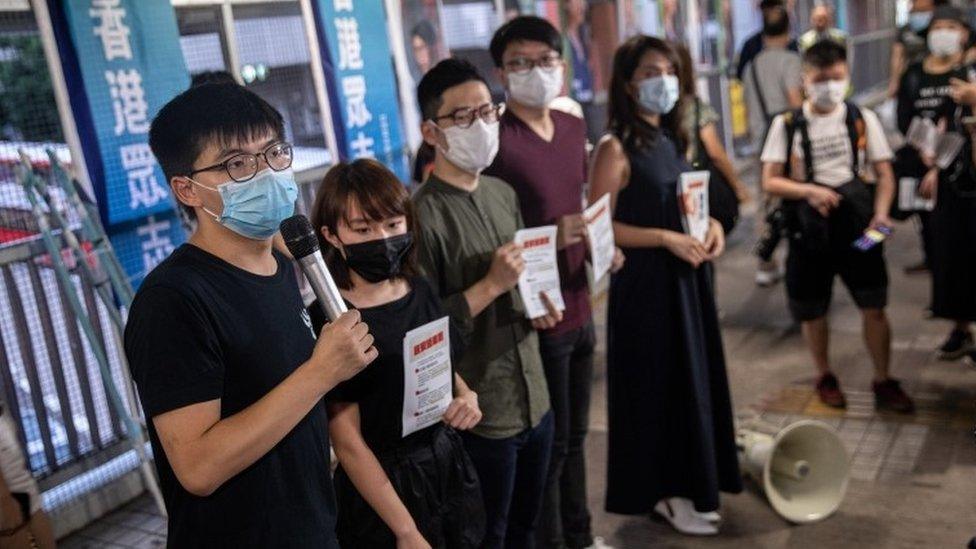
- Published24 May 2020
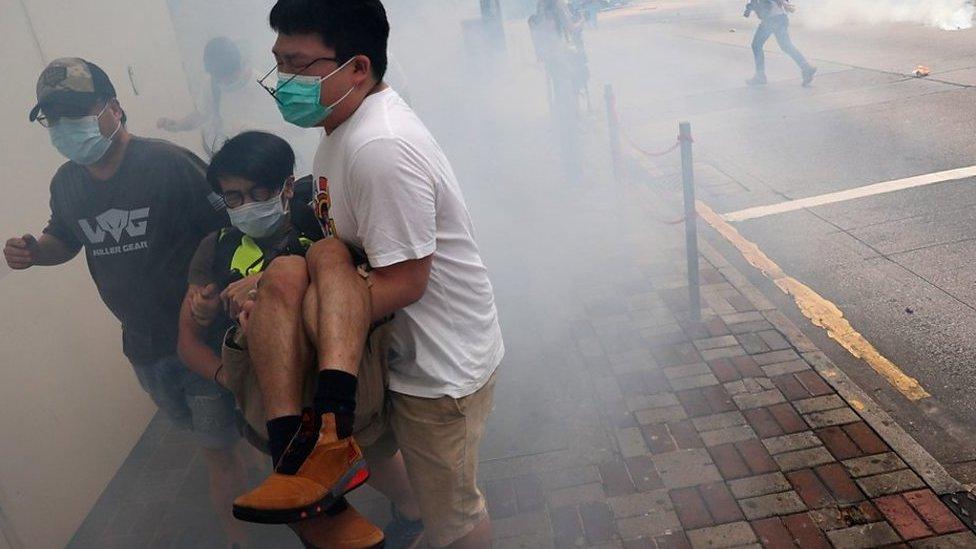
- Published22 May 2020
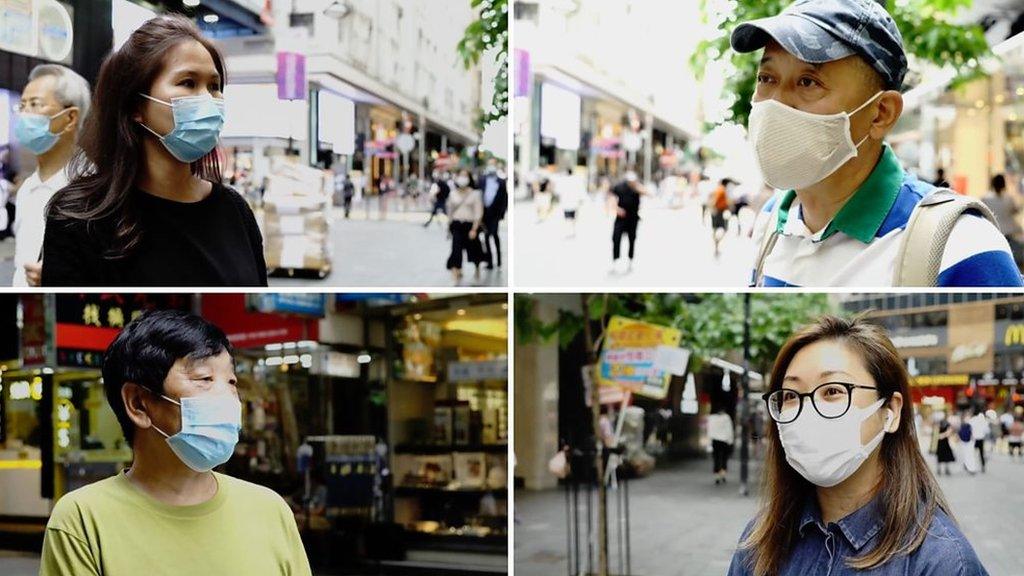
- Published19 March 2024
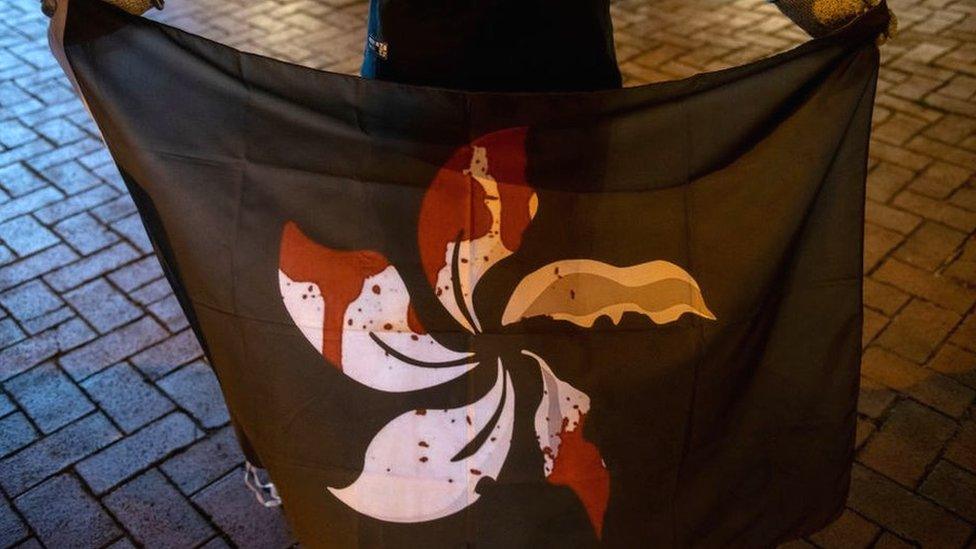
- Published21 May 2020
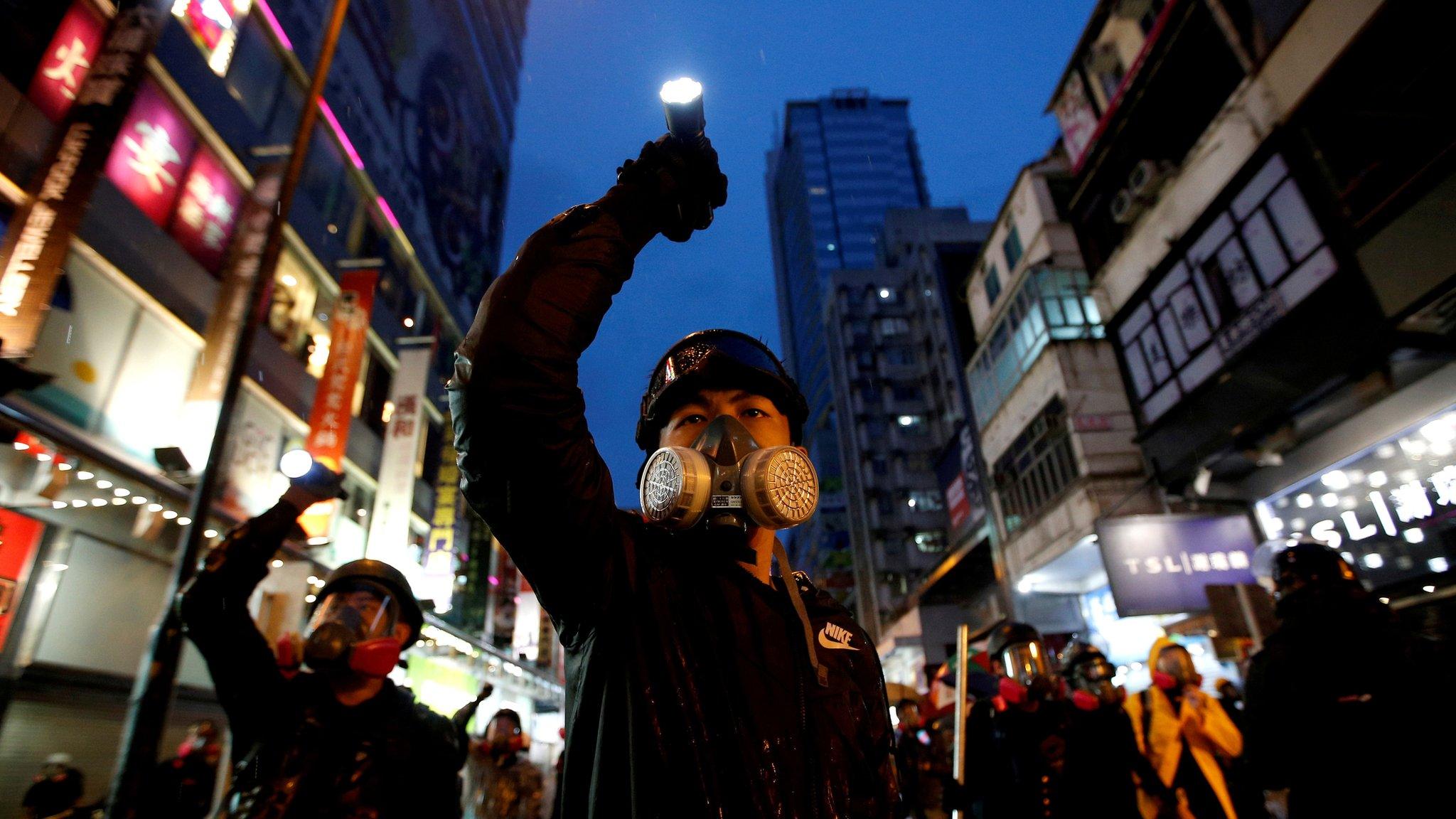
- Published22 May 2020
- Published22 May 2020
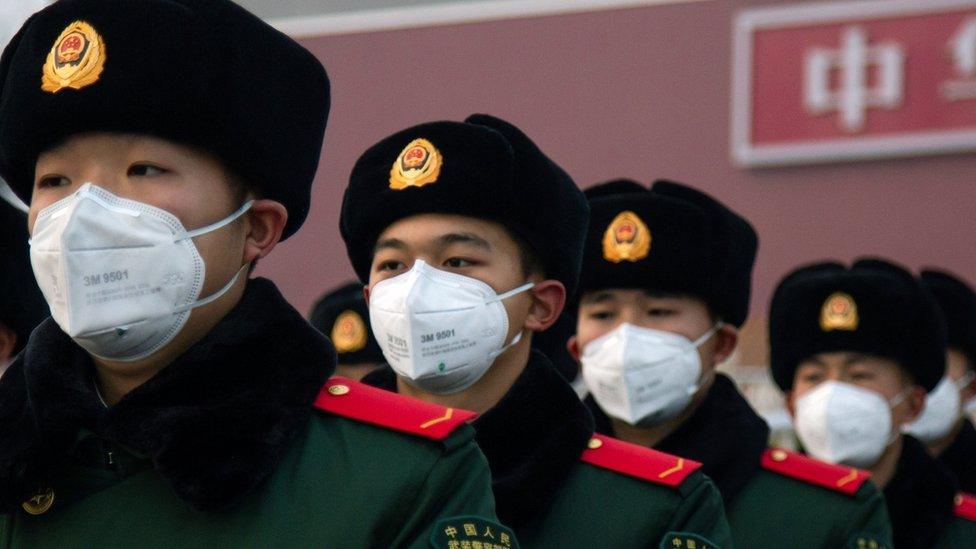
- Published21 May 2020
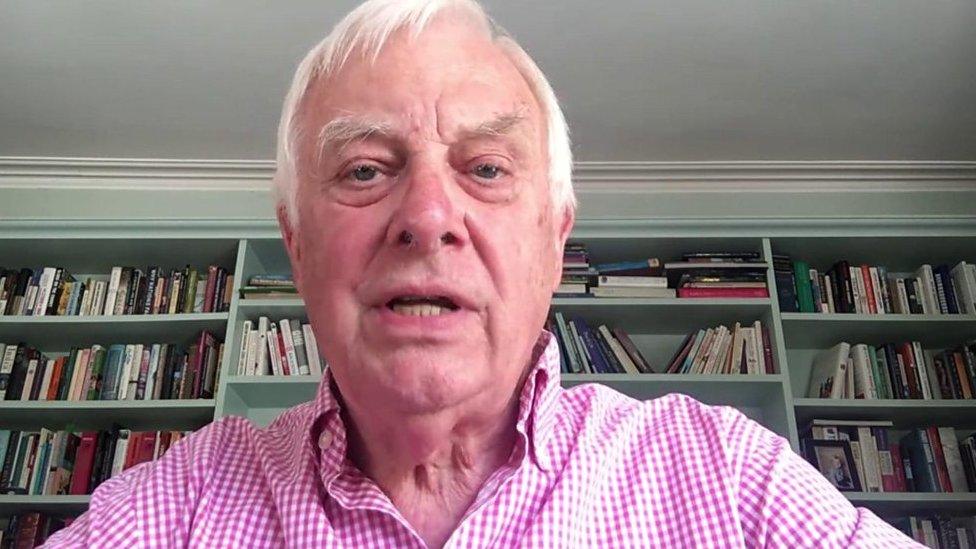
- Published28 December 2019
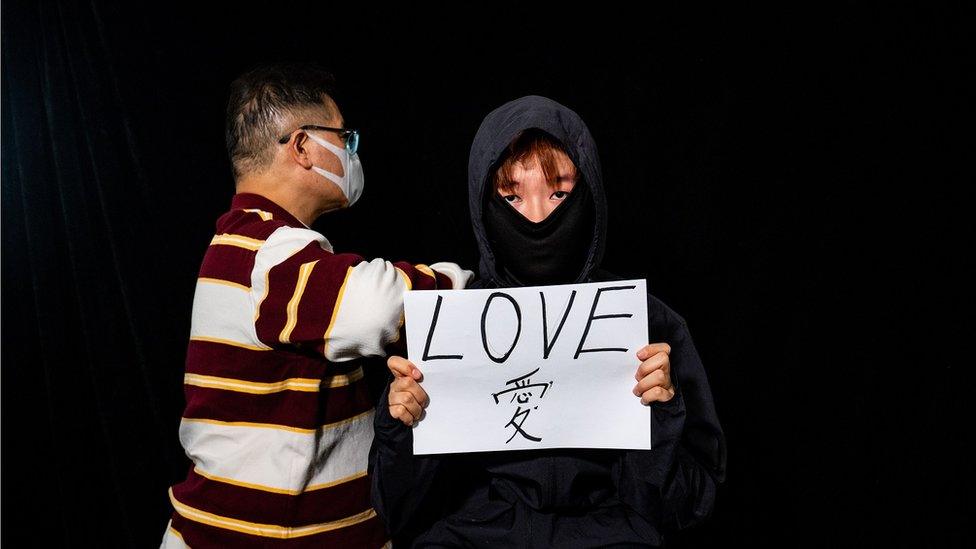
- Published1 July 2022
